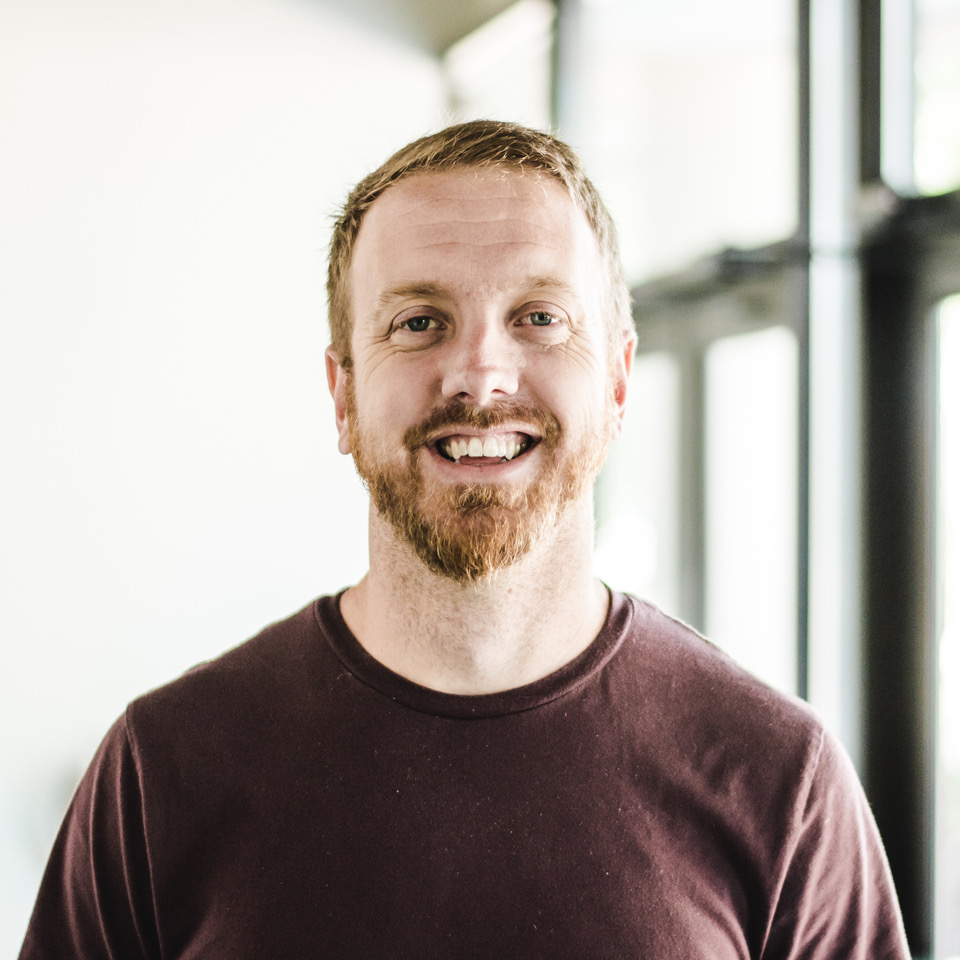Every Place Matters
Andrew Hopper | January 17, 2019

The kingdom of God isn’t God’s people living under God’s rule. Not fully. The kingdom of God is the people of God living under his reign and rule in the place that he has prepared for them.
 That is what we had in the garden, and that is what we will have in the new heavens and the new earth. But until that day, we struggle with displacement. The book of 1 Peter points this out: We are exiles in this world. How are we to make sense of a world that is not our home? In his book “Every Square Inch,” Bruce Ashford makes a convincing argument for Christians not to disregard the world and culture. Instead, we should work to renew and restore it. Any restoration of our culture and world is Christ’s work. But it is Christ’s work through his people.
That is what we had in the garden, and that is what we will have in the new heavens and the new earth. But until that day, we struggle with displacement. The book of 1 Peter points this out: We are exiles in this world. How are we to make sense of a world that is not our home? In his book “Every Square Inch,” Bruce Ashford makes a convincing argument for Christians not to disregard the world and culture. Instead, we should work to renew and restore it. Any restoration of our culture and world is Christ’s work. But it is Christ’s work through his people.
The kingdom of God isn’t God’s people living under God’s rule. Not fully. The kingdom of God is the people of God living under his reign and rule in the place that he has prepared for them. That is what we had in the garden, and that is what we will have in the new heavens and the new earth. But until that day, we struggle with displacement. The book of 1 Peter points this out: We are exiles in this world. How are we to make sense of a world that is not our home? In his book “Every Square Inch,” Bruce Ashford makes a convincing argument for Christians not to disregard the world and culture. Instead, we should work to renew and restore it. Any restoration of our culture and world is Christ’s work. But it is Christ’s work through his people.
The choice, then, for Christians isn’t whether or not to bring renewal and restoration with their lives. Rather, our choices revolve around how, in what culture and where. With more than a few years in ministry, I’ve learned that while such choices should be joyous and fun, they are often a snag even to mature believers. In fact, I haven’t learned that simply by watching others but from experiencing the crushing weight of choosing where to do ministry myself.
In 2010, my wife, Anna, and I were struggling with the decision of where to plant a church. We were part of a great church in Raleigh, North Carolina, but the church had asked us to consider planting, and we were moving through that process. The problem was we couldn’t quite land on a place to plant for two reasons. First, at that time, church planting was almost exclusively oriented toward mega urban centers, and we weren’t sure if we could thrive in a city. We were both from the South and were raised with a bit of rural flair. No, I didn’t grow up milking cows, but my grandparents sure had some. We didn’t live miles and miles from town, but our house did sit off a dirt road. Anna’s upbringing was much the same, coming from a smaller town in South Carolina. We were worried because if Raleigh felt overwhelming at times, how were we ever going to do ministry in a place like New York City?
The second reason we couldn’t land on where to plant was because we had an erroneous view of the will of God. At the time, I was convinced that we needed to hear from God exactly where to plant Mercy Hill. But if you would have asked me to define what I meant by “hear from God,” the answer would have been nebulous and non-committal. So, there we were in 2010 with the desire to plant a church, a great church affirming that desire and equipping us, and yet we were paralyzed for fear of making the wrong choice regarding the place. How could that be right?
In short, it wasn’t! 2010 was a pivotal year for me because I began to believe something then that I hold deeply now: God wants to use us right where we are. To be clear, I believe God can clearly speak to his people as he did in Acts through angels or an audible voice. God can do anything he wants to, but today his primary means of speaking to his people is through the Bible. 1 Thessalonians 4:3 tells us that God’s will for us isn’t a place, rather it is our sanctification. Through God conforming us in greater degree to his image, we will bring a greater degree of renewal and healing wherever we are. That truth led me to seek greater sanctification and wisdom. The decision of where to do ministry is not a moral one. In non-moral matters, making the best decision honors God; that happens through wisdom.
In 2010, our prayers changed. Instead of asking God to show us where, we started asking God to make us effective wherever we went. With great freedom and joy we tried to match our wiring with where we saw a need. We landed in Greensboro, North Carolina in the summer of 2012 with a team of 30 people and an incredible dream. We love where we live, and God has given us grace in the work! It is a huge blessing, but if God had us in another place that would be OK—they are all his places anyway. The people of God came from a place and are heading to one. Until we reach heaven, let us value the opportunities to bring renewal and restoration to other places along the way. Our place of ministry matters, but only because every place in God’s world matters to him.
Andrew Hopper is the lead pastor at Mercy Hill Church in Greensboro, North Carolina, which was established in 2012. He earned his Master of Divinity in Christian apologetics in 2008 from Southeastern Baptist Theological Seminary. He and his wife, Anna, have three children and are hoping to adopt in the next few years.
*This article was originally published in Southeastern’s Spring 2018 magazine.
*Photo by Jenna Jordan

From our local community to the outermost parts of the world, Southeastern students and alumni are reaching people with the gospel by fulfilling the Great Commission. Using the model of Acts 1:8, we want to highlight these stories of how our Southeastern family is serving in North Carolina, North America and around the world. Acts 1:8 Stories create a collective and consistent way to tell the story of Southeastern, one person at a time. From local pastors to missionaries among the unreached, God is doing a great work among students and alumni. Where are they now and where are they going? We can’t wait for you to find out!